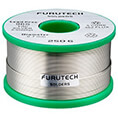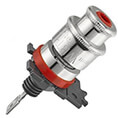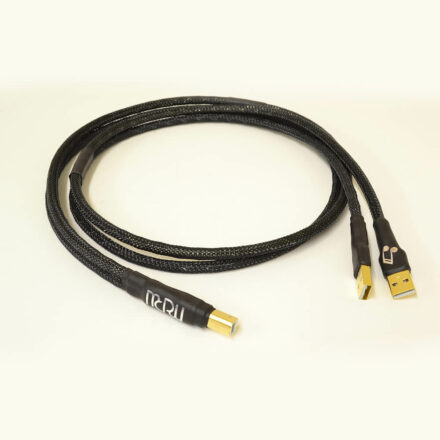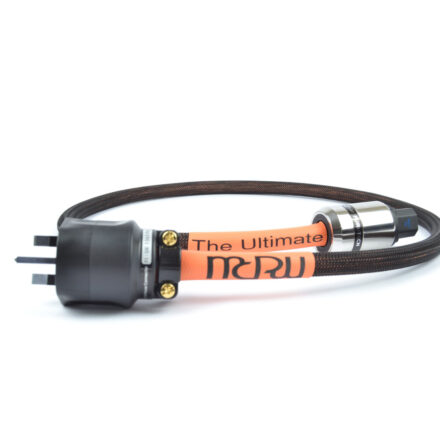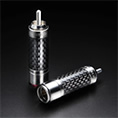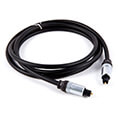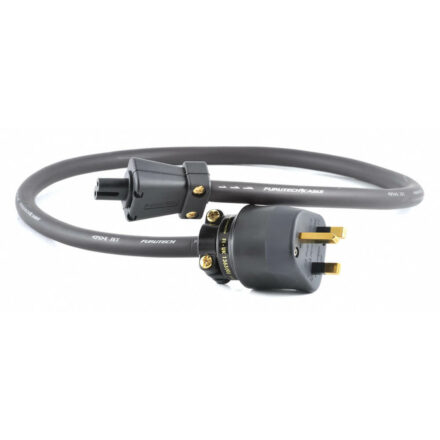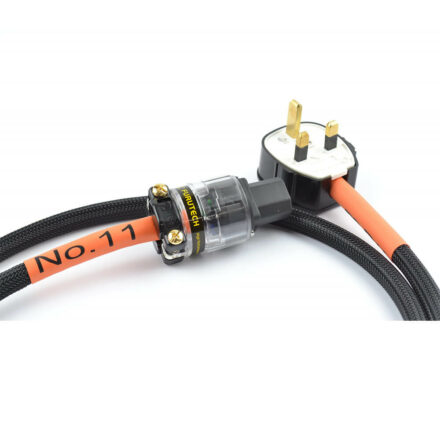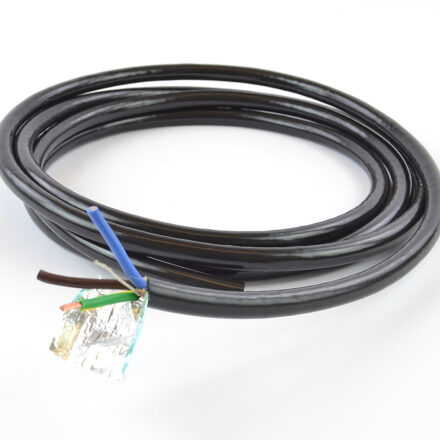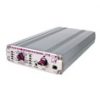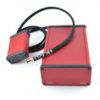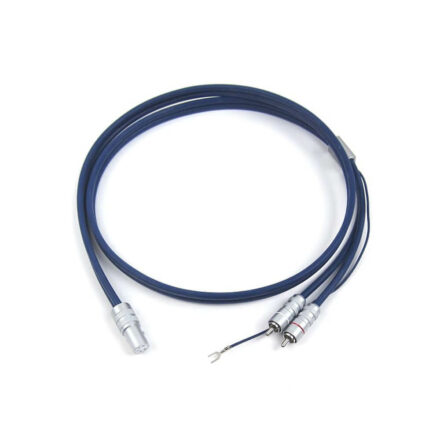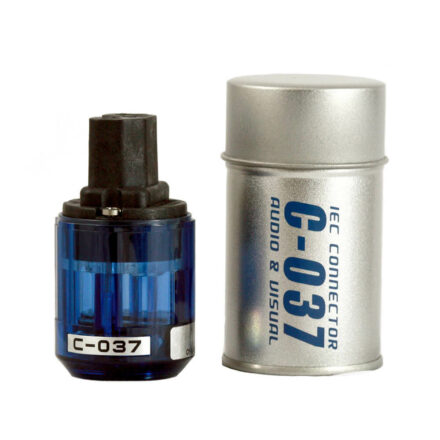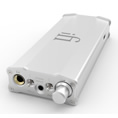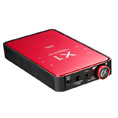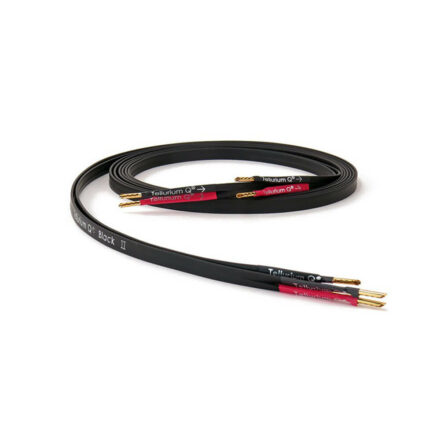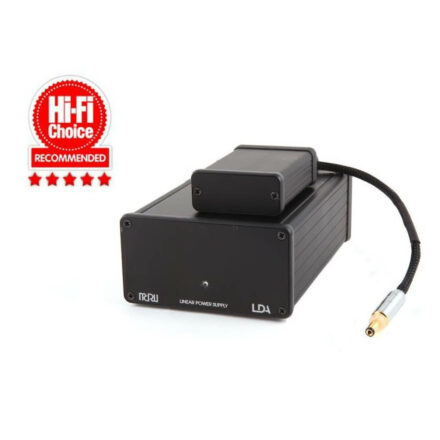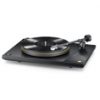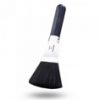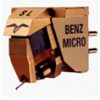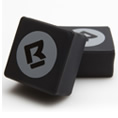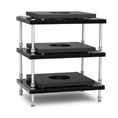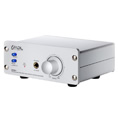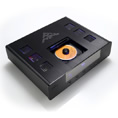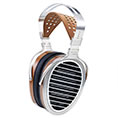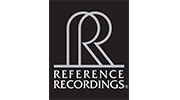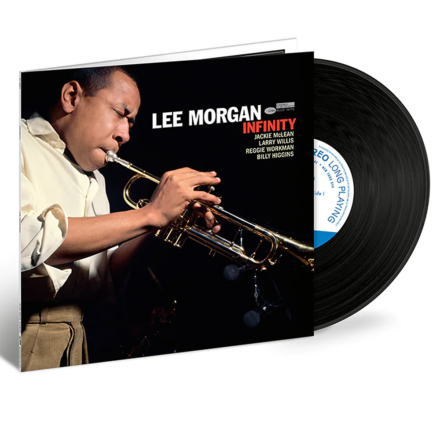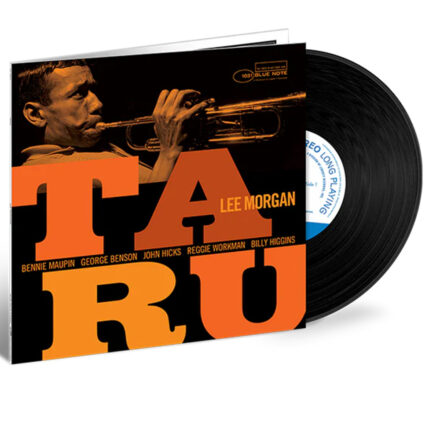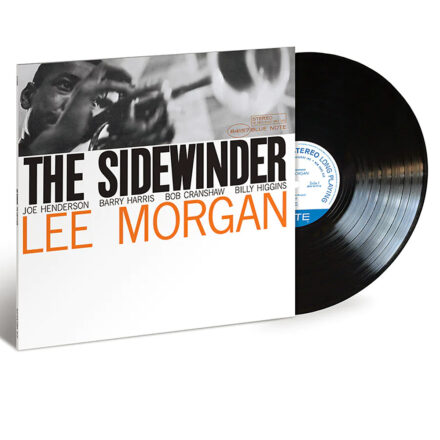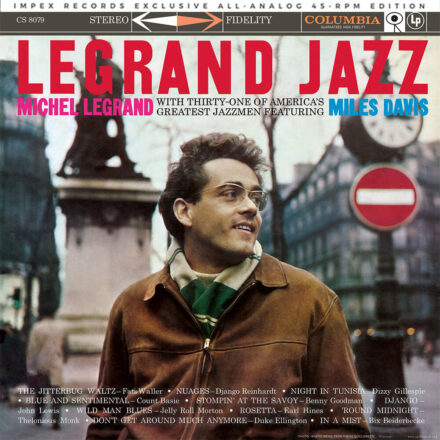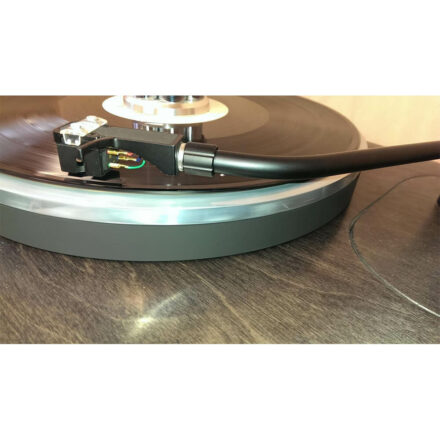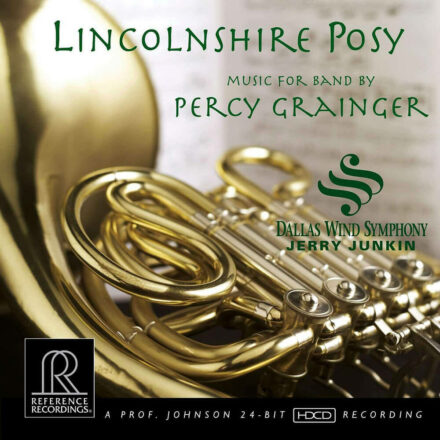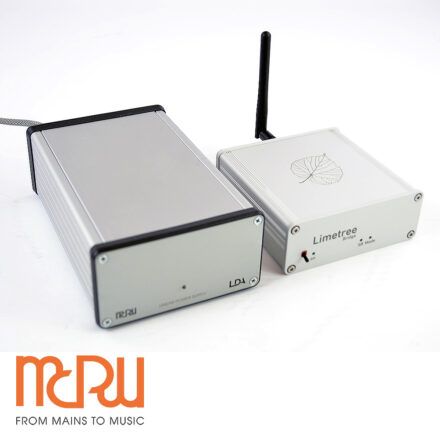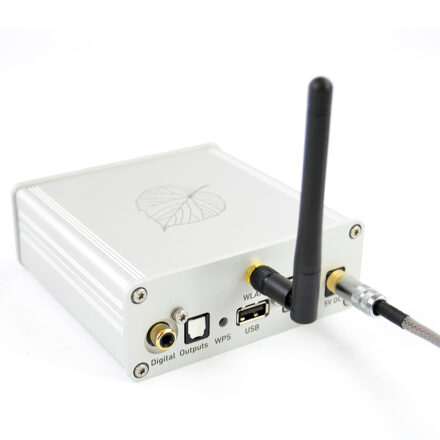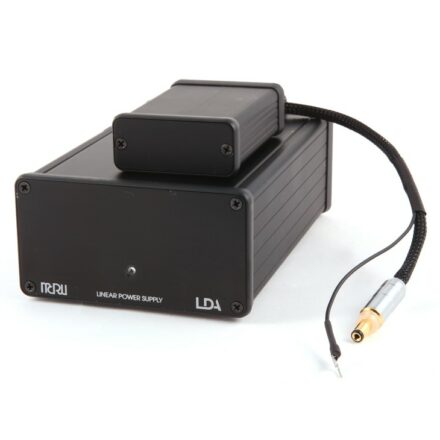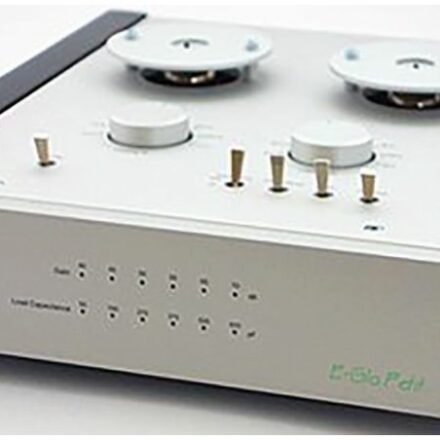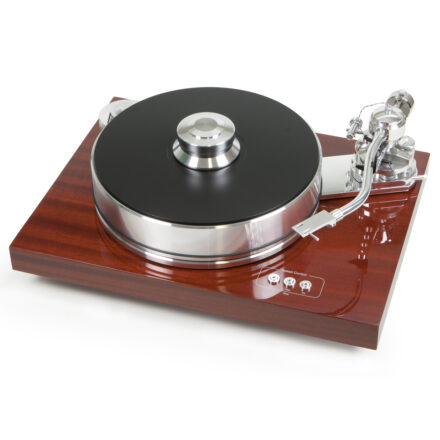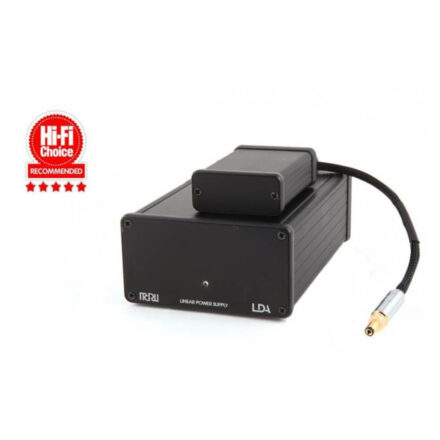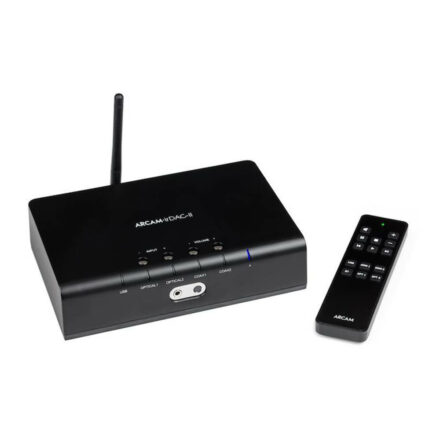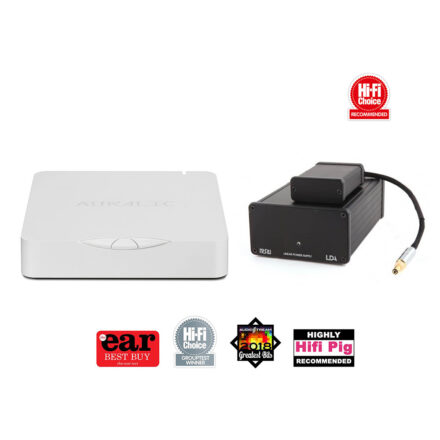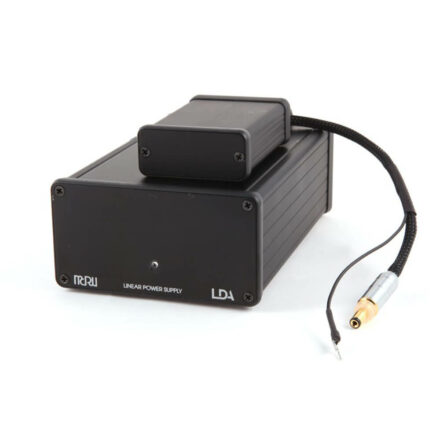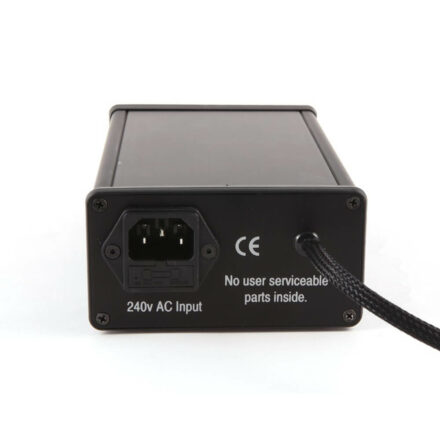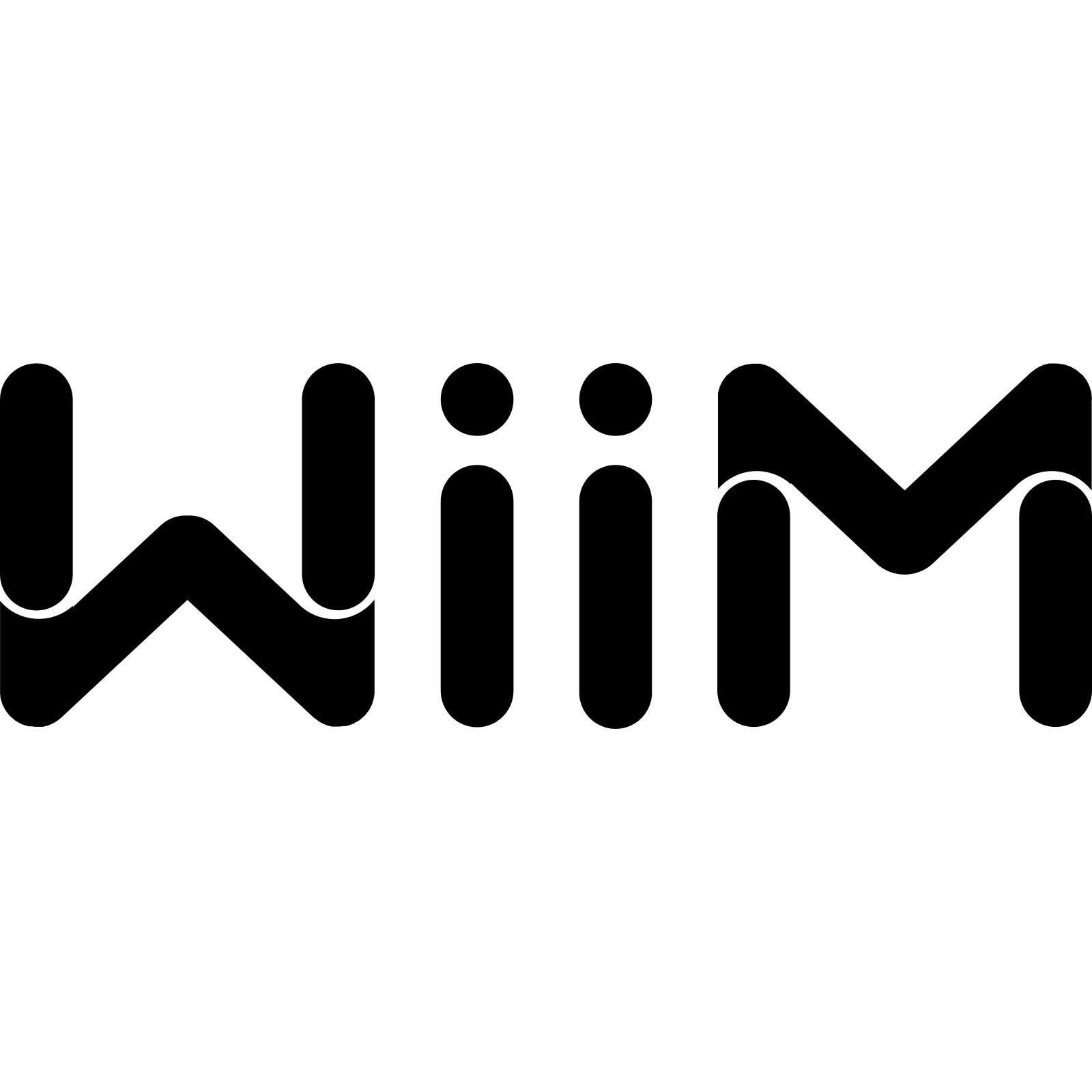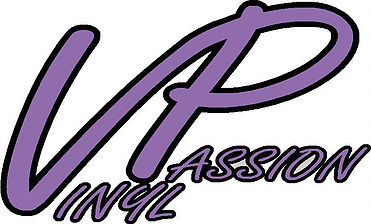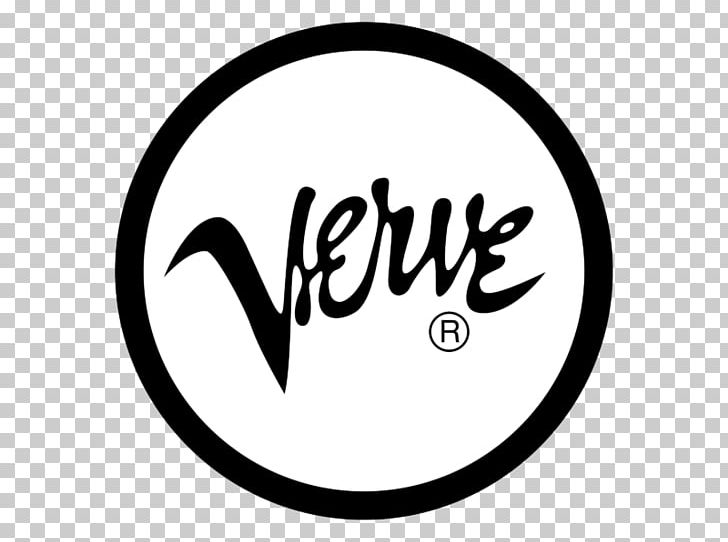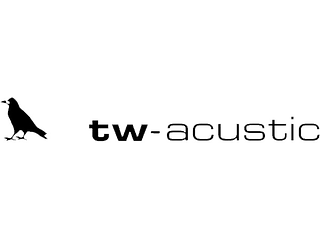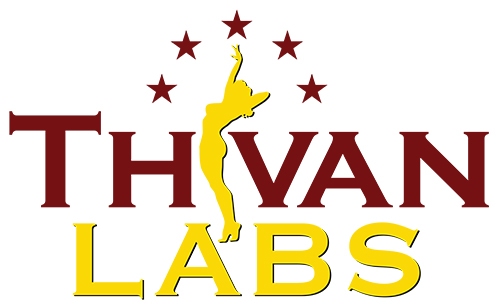Lee Morgan – Infinity LP (Blue Note Tone Poet Series) – Blue Note Vinyl
Just two months after recording his exceptional sextet date Cornbread, the prolific trumpeter Lee Morgan was back in Van Gelder Studio in November 1965 with a slightly slimmed down—but no less robust—quintet line-up to record his next session Infinity, which wouldn’t be first released until 1981. Alto saxophonist Jackie McLean and drummer Billy Higgins—both of whom were featured on Cornbread—were at Morgan’s side once again along with pianist Larry Willisand bassist Reggie Workman for a five-song set that ventured to the far reaches of the hard bop tradition and beyond. Four compelling Morgan originals and McLean’s engaging ballad “Portrait of Doll” cover a wide expanse of musical terrain including the probing title track, the laid-back 6/8 groove of “Miss Nettie B,” the intricate interlaced lines of “Growing Pains,” and the hard-charging closer “Zip Code.”
Lee Morgan – Taru – Blue Note Tone Poet Series 180g Vinyl
Lee Morgan’s 1968 album Taru—which wouldn’t be first released until 1980 as part of the LT Series—found the trumpeter at a crossroads exploring a variety of styles. The band on this outstanding date is notable for several reasons including the elevating presence of guitarist George Benson who delivers inspired solos throughout.
The session also marked Morgan’s first recorded collaboration with tenor saxophonist Bennie Maupin who would play an integral role on future Morgan albums including Caramba! and Live at the Lighthouse. Rounding out the sextet were pianist John Hicks, bassist Reggie Workman, and the ever-inspiriting drummer Billy Higgins.
The six-song set covered a range of stylistic ground including modal jazz (“Avotcja One”), hard-charging post-bop (“Get Yourself Together”), beautiful balladry (“Haeschen” and “Taru, What’s Wrong With You?”), gospel-tinged numbers (“Dee Lawd”), and funky boogaloos (“Durem”).
Lee Morgan – The Sidewinder (Blue Note Classic Series) – Blue Note Vinyl
Lee Morgan’s magnum opus The Sidewinder—recorded in 1963 and release in 1964—was both a comeback and a coronation. The prodigious trumpeter had debuted on Blue Note in 1956 at the age of 18, but personal problems in the early-60s forced him off the scene temporarily. His rebound recording turned out to be The Sidewinder, an assured and energetic set of 5 indelible Morgan originals featuring tenor saxophonist Joe Henderson, pianist Barry Harris, bassist Bob Cranshaw, and drummer Billy Higgins. The album became his biggest commercial success fueled by the irrepressible title track.
Legrand Jazz MICHEL LEGRAND AND HIS ORCHESTRA 180G VINYL
100% Analog 180g 33rpm Vinyl
Mastered by Chris Bellman at Bernie Grundman Mastering
Pressed at RTI
The greatest assembly of musical talent ever on one album! Features Performances by John Coltrane, Miles Davis, Bill Evans, Ben Webster & 27 More Jazz Greats! Pressed at Record technology for silent surfaces and true fidelity to the analog source.
Lincolnshire Posy – Reference Recordings HDCD
Dallas Wind Symphony Jerry Junkin
Showcases the wind band music of Percy Grainger, including favorites Lincolnshire Posy and Irish Tune from County Derry (“Danny Boy”). Australia considers Grainger its greatest composer; the U.S., where he lived most of his life, praises him as a music educator, composer and arranger of band music; and England considers him supremely important in the preservation and arrangement of British folk songs.
Lindemann Limetree Bridge II
Lindemann Limetree Bridge II
The Limetree BRIDGE II is a high-quality network adapter designed to transfer music from streaming services and local storage media digitally in studio master quality to existing D/A converters or other devices with digital inputs. This makes it possible to upgrade an existing hi-fi system with streaming for little money. Here we would like to address owners of older LINDEMANN devices such as the 820S or the 825, but of course all other customers with a converter or a CD player with a digital input as well.
For this purpose the Limetree BRIDGE II is simply connected with the network by means of a LAN cable or via WLAN. It has also a USB port for connecting hard disks or USB storage media. There is an optical and a coaxial digital output. A professional studio engineering sample rate converter makes sure that all streamed formats can be played back on an existing converter without major losses in sound quality.


